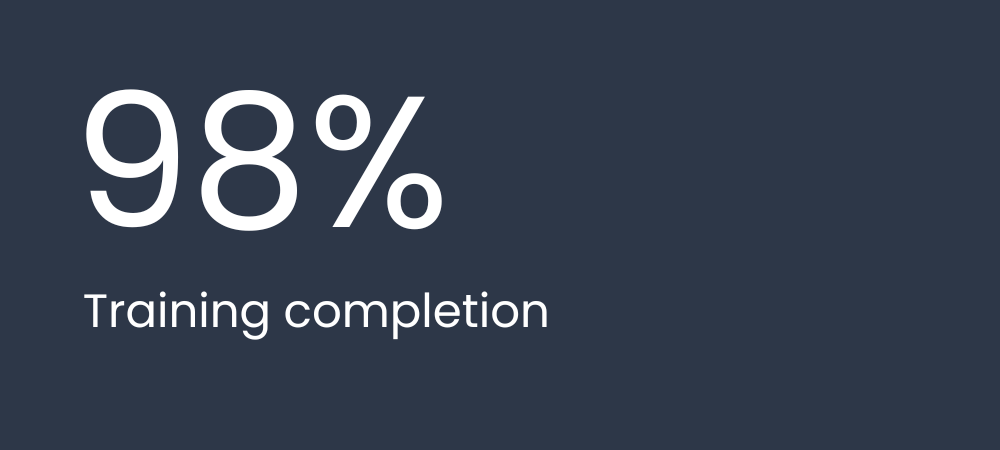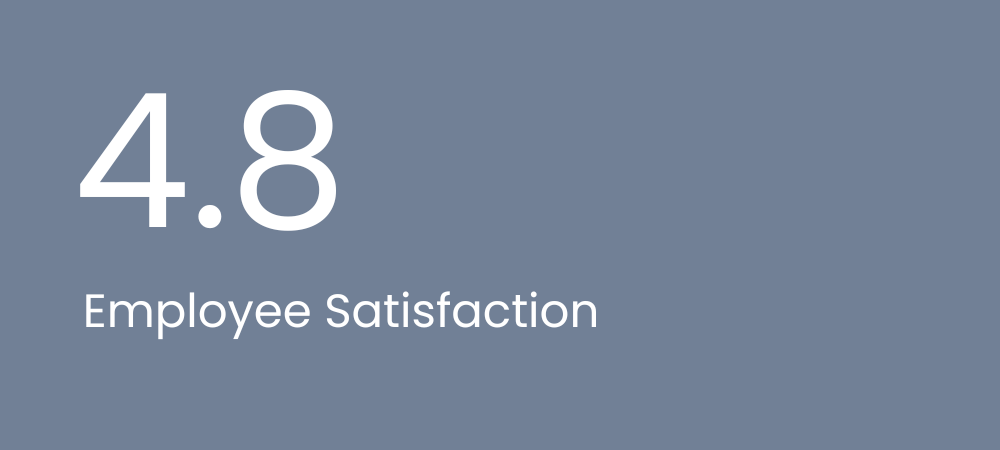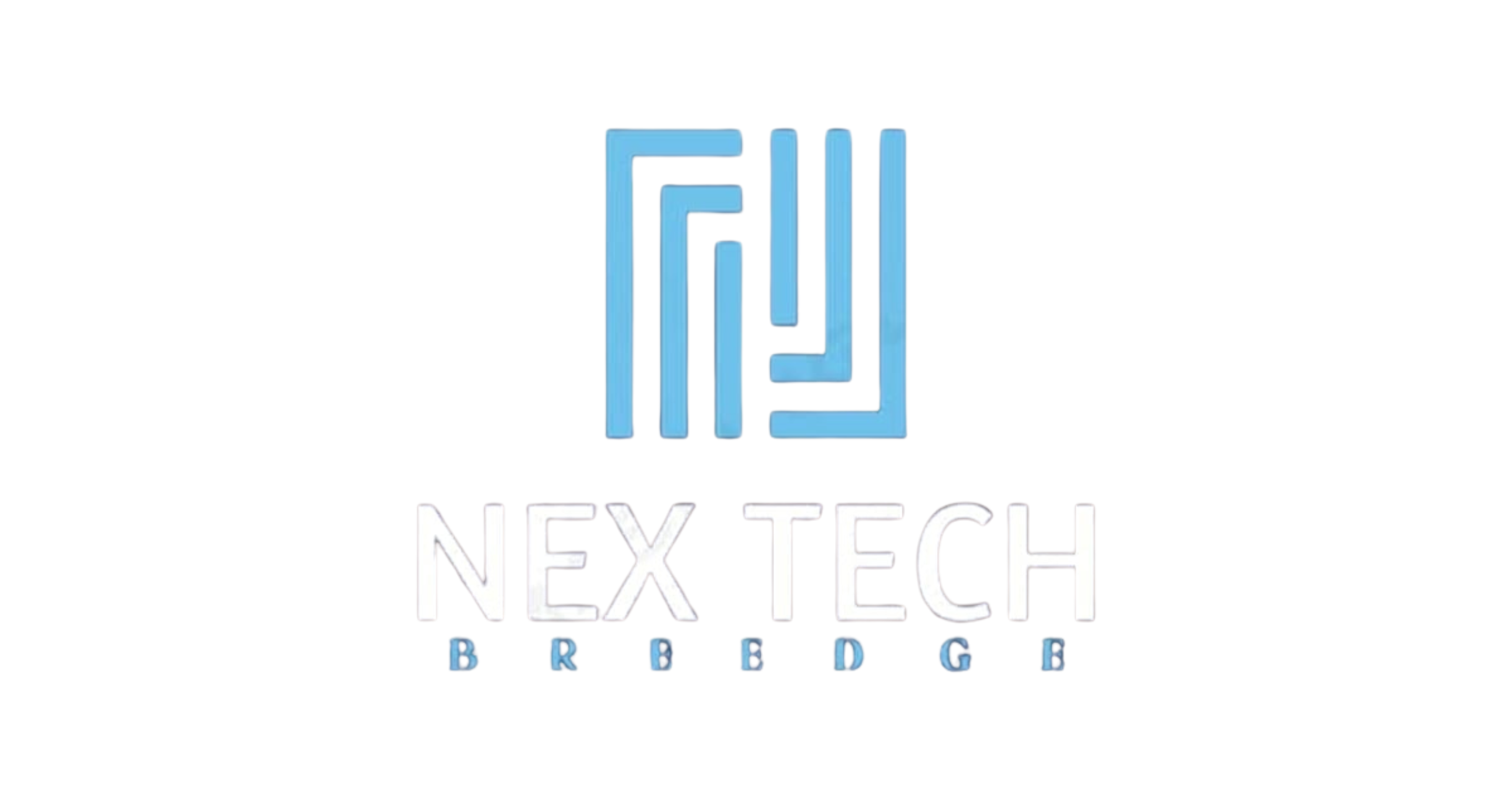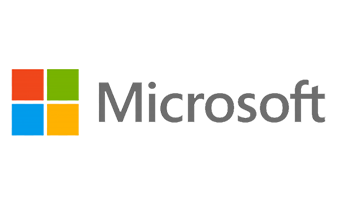Microsoft Cloud Training
Empower your workforce with the skills to build, secure, and scale cloud solutions using Microsoft Azure.

Companies grow with a more skilled team thanks to our training programs





Course Overview
The Microsoft Cloud Training Program equips IT professionals and organizations with practical, hands-on expertise to manage, deploy, and optimize solutions within the Microsoft Azure ecosystem.
The program covers foundational cloud concepts to advanced architecture, networking, and machine learning integrations, and helps teams confidently navigate today’s multi-cloud environments and achieve digital transformation with Azure.
Who This Course Is For
- Cloud administrators and solution architects
- IT professionals transitioning from on-premises to cloud infrastructure
- Developers and engineers building scalable cloud applications
- Organizations looking to strengthen their team’s cloud competency
Learning Outcomes
After completing this training, participants will be able to:
- Design and manage secure, scalable cloud solutions using Microsoft Azure
- Administer cloud resources, networks, and virtual environments
- Implement hybrid and multi-cloud strategies for enterprise use
- Integrate DevOps, data analytics, and AI tools in cloud workflows
- Achieve Microsoft-recognized cloud certifications
What’s Included
Below are the specialized courses included under the Microsoft Cloud Training catalog
Learn the fundamentals of database concepts, cloud services, and data management within Microsoft Azure. Gain a strong foundation in relational and non-relational data, big data, and analytics.
Build on your foundational cloud knowledge by exploring core Azure services and solutions.
For AWS administrators transitioning to Azure. Learn the core principles of Azure administration, networking, compute, storage, and governance.
Bridge your AWS development expertise into Azure. Master how to build secure, scalable cloud apps using Azure App Service, Cosmos DB, and API management.
Designed for experienced AWS architects, this course teaches how to translate business requirements into secure, scalable, and reliable solutions on Azure.
Learn how to manage Azure subscriptions, secure identities, administer infrastructure, configure networking, and deploy web apps and virtual machines.
Gain the knowledge to plan, migrate, and manage SAP solutions in the Azure environment — integrating enterprise systems with cloud efficiency.
Master virtual desktop deployment and management on Azure for secure, flexible, and scalable remote work solutions.
Develop the skills to design and implement Azure architecture solutions covering networking, identity, security, data platforms, and automation.
Deepen your ability to translate business requirements into reliable, secure, and scalable Azure architectures.
Learn to design, implement, and automate DevOps practices that streamline collaboration and accelerate software delivery on Azure
Learn how to plan, deploy, and manage Azure Stack Hub to enable hybrid cloud capabilities that extend Azure services on-premises.
Develop expertise in designing and maintaining Azure networking, including load balancing, routing, hybrid connections, and network security.
Explore data analytics and machine learning using Azure Databricks. Learn to prepare, model, and integrate AI processes with Azure Machine Learning.
Gain the skills to deploy, secure, and manage Azure Stack HCI for hybrid cloud infrastructure, enabling performance and reliability across your enterprise.
Why Choose Us
Microsoft-Certified Learning
Gain knowledge directly aligned with official Microsoft certification paths.
Practical Training
Every module includes guided labs and real-world scenarios for applicable cloud experience.
Expert Trainers
Learn from seasoned Azure professionals with years of enterprise deployment experience.
Flexible Learning
Access virtual, in-person, or hybrid training designed to fit your team’s need

Our Unique Advantage
At NexTechBreedge, we help your team go beyond the basics. Our cloud training isn’t about memorizing tools. It's about understanding how cloud technology drives smarter, faster, and more secure business operations.




50%
Fewer admin hours

Testimonial

Empower your workforce with our Training Programs
Talk to one of our Training Experts to design a cloud learning plan tailored to your team’s goals.





Mircosoft Cloud Training
Take a look below at the various courses we offer
under the Microsoft Cloud training catalog
Microsoft Azure Fundamentals
In this course, students will learn the fundamentals of database concepts in a cloud environment, get basic skilling in cloud data services, and build their foundational knowledge of cloud data services within Microsoft Azure. Students will identify and describe core data concepts such as relational, non-relational, big data, and analytics, and explore how this technology is implemented with Microsoft Azure.
Microsoft Azure Fundamentals II
This course will provide foundational level knowledge of cloud services and how those services are provided with Microsoft Azure. The course can be taken as an optional first step in learning about cloud services and Microsoft Azure, before taking further Microsoft Azure or Microsoft cloud services courses.
Azure Administration for AWS SysOps
This course is designed for AWS Sysops administrators interested in learning how Azure is administered. You will be introduced to Azure Administration, Azure Networking, Azure Compute, Azure Storage, and Azure Governance.
- Microsoft Azure Solutions for AWS Developers
LIn this course, you will construct Azure App Service Web App solutions and Azure Functions, use blob or Cosmos DB storage in solutions, implement secure cloud solutions that include user authentication and authorization, implement API management, and develop event- and message-based solutions, and monitor, troubleshoot, and optimize your Azure solutions.
Microsoft Azure Technologies for AWS Architects
This course teaches Solutions Architects who have previously designed for Amazon Web Services how to translate business requirements into secure, scalable and reliable solutions for Azure.
Microsoft Azure Administrator
This course teaches students how to manage their Azure subscriptions, secure identities, administer the infrastructure, configure virtual networking, connect Azure and on-premises sites, manage network traffic, implement storage solutions, create and scale virtual machines, implement web apps and containers, back up and share data, and monitor your solution.
Planning and Administering Microsoft Azure for SAP Workloads
You will also be introduced to concepts, scenarios, procedures, and hands-on labs that will empower you to best plan and implement migration and operation of an SAP solution on Azure.
Configuring and Operating Windows Virtual Desktop on Microsoft Azure
This course teaches Azure administrators how to plan, deliver, and manage virtual desktop experiences and remote apps, for any device, on Azure.
Microsoft Azure Architect Technologies
This course teaches Solutions Architects how to translate business requirements into secure, scalable, and reliable solutions. Lessons include virtualization, automation, networking, storage, identity, security, data platform, and application infrastructure. This course outlines how decisions in each theses area affects an overall solution.
Microsoft Azure Architect Design
This course teaches Solutions Architects how to translate business requirements into secure, scalable, and reliable solutions.
Designing and Implementing Microsoft DevOps Solutions
This course provides the knowledge and skills to design and implement DevOps processes and practices.
Configuring and Operating a Hybrid Cloud with Microsoft Azure Stack Hub
This course teaches Azure administrators and Azure Stack Hub operators how to plan, deploy, package, update, and maintain the Azure Stack Hub infrastructure.
Designing and Implementing Microsoft Azure Networking Solutions
This course teaches Network Engineers how to design, implement, and maintain Azure networking solutions. Students cover the process of designing, implementing, and managing core Azure networking infrastructure, Hybrid Networking connections, load balancing traffic, network routing, private access to Azure services, network security and monitoring.
Implementing a Machine Learning Solution with Microsoft Azure Databricks
Azure Databricks is a cloud-scale platform for data analytics and machine learning. In this course, students will learn how to use Azure Databricks to explore, prepare, and model data; and integrate Databricks machine learning processes with Azure Machine Learning.
Azure Stack HCI
This course is intended primarily for IT Professionals who already have significant experience with

